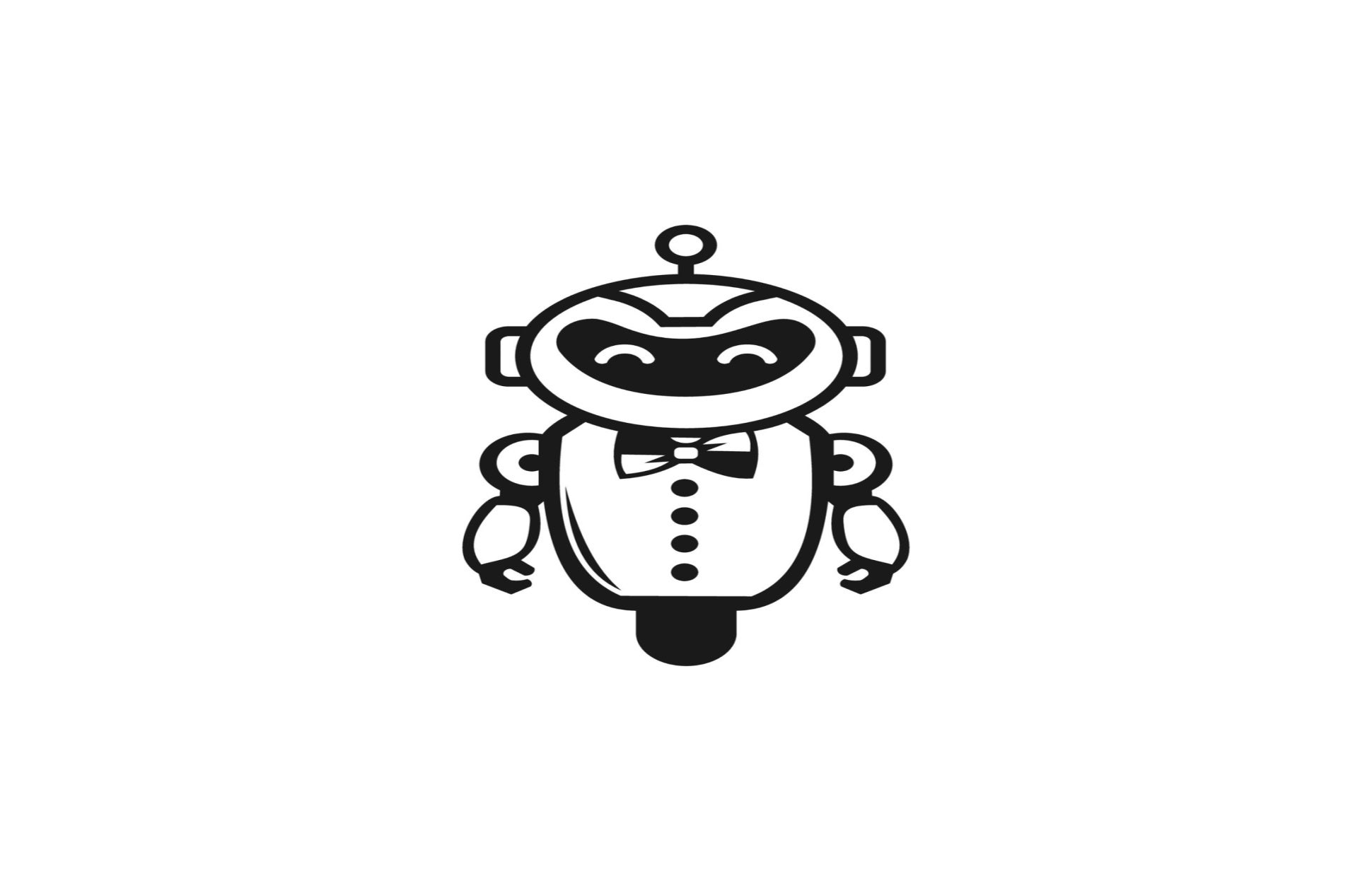Social media bots were at the forefront of the drama in the post-season reunion of the Real Housewives of Beverly Hills. Accusations of wrongdoing went flying, hurled at different intended targets. One of those accusations came from cast member Garcelle Beauvais, who hinted that one of her fellow housewives weaponized social media bots to send abuse to her fourteen-year-old son’s account.
A social media ‘bot’ is an automated program on a social media platform that can be purchased by users to auto-like, auto-follow, and auto-comment, as a way of falsely increasing engagement on a user’s profile. This presents an interesting question on how many people of significant social media influence buy these fake accounts, dubbed ‘bots’, not only to bolster their online following but also to use them as virtual weapons against another user.
Certainly, the Real Housewives of Beverly Hills is not the only reality TV show to face online harassment of its cast. Love Island faced similar pressures to ensure the online safety of those who participate in the wildly popular show. In the 2022 series, there were calls to be kinder online from the accounts of the show’s participants.
How will social media companies respond to the bots issue?
When discussing fake bot accounts, companies like Twitter and Meta face a particular dilemma. They are beholden to shareholders, and higher platform engagement generally leads to higher share values. This does little to incentivize them to remove inauthentic accounts unless it becomes absolutely necessary, or if users flag fake accounts and report them.
Another fear that social media companies have is that extensive regulation will then amount to acknowledging their duty to moderate and thus will lead to the revocation of their limited immunities under section 230 of the Communications Decency Act.
Getting accurate numbers on the number of fake accounts can be difficult
Elon Musk famously contested Twitter’s 2022 estimate that only 5% percent of the accounts on its platform are fake. However, Twitter has acknowledged that it is hard to find all the fake accounts on their platform and that this number may not be accurate. For example, some fake accounts use AI-generated faces as their profiles, making them seem convincing when compared to genuine profiles. Technological advances would be required to effectively detect abnormal behaviour and images.

US Tariffs are shifting - will you react or anticipate?
Don’t let policy changes catch you off guard. Stay proactive with real-time data and expert analysis.
By GlobalDataExternal researchers do not have access to the same data as Twitter, such as IP addresses and phone numbers, to determine whether an account is fake. What social media users can do, however, is use software to find out when an account was created, and its user history.
This was done by die-hard Garcelle Beauvais fans, who argued that most of the accounts targeting her were recently created with no history or information.
It seems that social media is even less safe for those in the public eye, particularly for those for whom the commodity they are selling is drama and outrage. If social media giants cannot find and remove fake accounts, either due to a lack of capabilities or incentives, then fans of reality TV and avid social media users will have to roll up their sleeves, play detective, and make good use of the report button.








